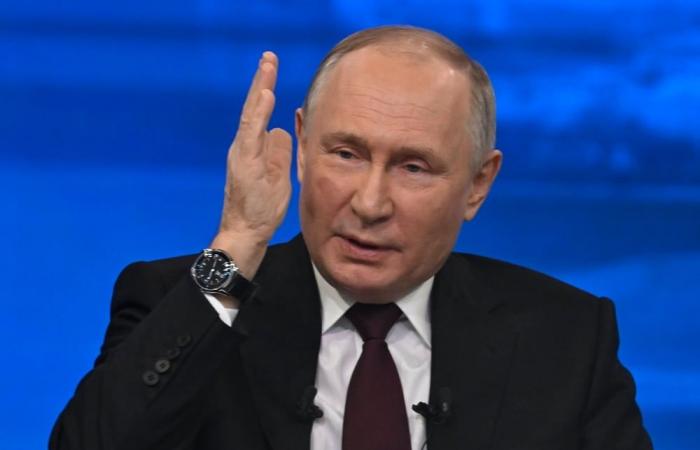Since the start of the special military operation in Ukraine, Russia has been trying to destabilize the West. Thus, it is increasing hybrid war actions against NATO countries. Sabotage or destabilization of all kinds is beginning to multiply.
Russia in hybrid warfare with NATO
Since the start of the full-scale invasion of Ukraine in February 2022, Russia is intensifying its hybrid warfare campaigns aimed at destabilizing members of the North Atlantic Treaty Organization (NATO). In parallel with the military offensive in Ukraine, these calculated and often concealed actions aim to sow disorder within the transatlantic alliance, thus weakening its unity and its ability to defend Ukrainian sovereignty.
What makes hybrid campaigns unique is their unconventional nature, operating below the threshold that would trigger a direct military response. These active measures include targeted cyber attacks, terrorist plots and sophisticated disinformation campaigns. For example, cyberattacks on critical infrastructure, such as train stations and energy networks, cause significant disruptionswhile allowing Moscow to deny any direct involvement.
According to the conclusions of the September 2024 hearing of the Helsinki Commission, almost 150 hybrid operations carried out on NATO territory have been identified or suspected since the start of the conflict in Ukraine. Each action taken in isolation might seem trivial or attributable to non-state actors, but their combination and their frequency reveals a deliberate strategy of destabilization carried out by the Kremlin.
NATO faces a multidimensional threat
Russia's hybrid war is not limited to sabotage actions or the manipulation of public opinions. It is part of a broader logic of systematic weakening of Western democracies and the institutions that protect them. As the experts heard by the Helsinki Commission point out, this shadow war aims to fracture the cohesion of NATO member countries, forcing them to focus on internal crises rather than effectively supporting Ukraine.
NATO leaders stress the need for unanimous recognition of the scale and intent of Russian operations. In response, several initiatives have been launched to counter these threats. NATO is strengthening its cyber defense capabilities, increasing joint exercises aimed at anticipating hybrid scenarios and increases efforts to share information among its members. These measures aim to deter Moscow by demonstrating that the alliance remains united.






